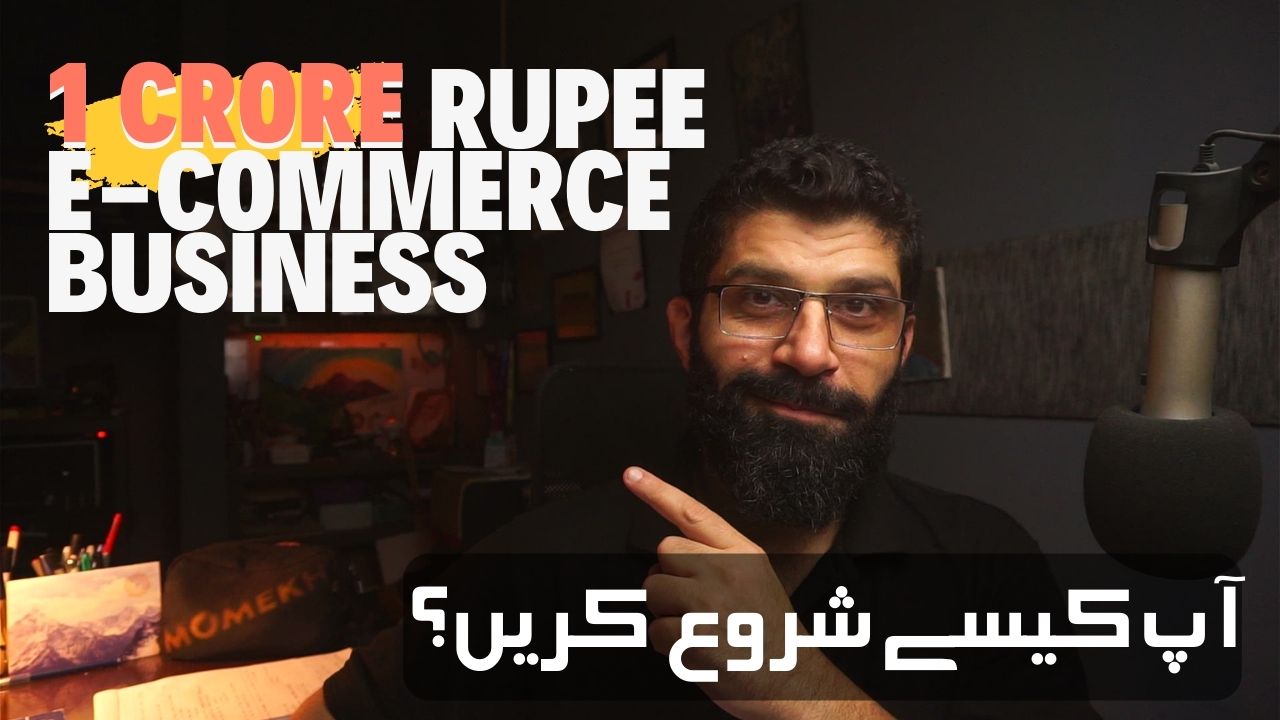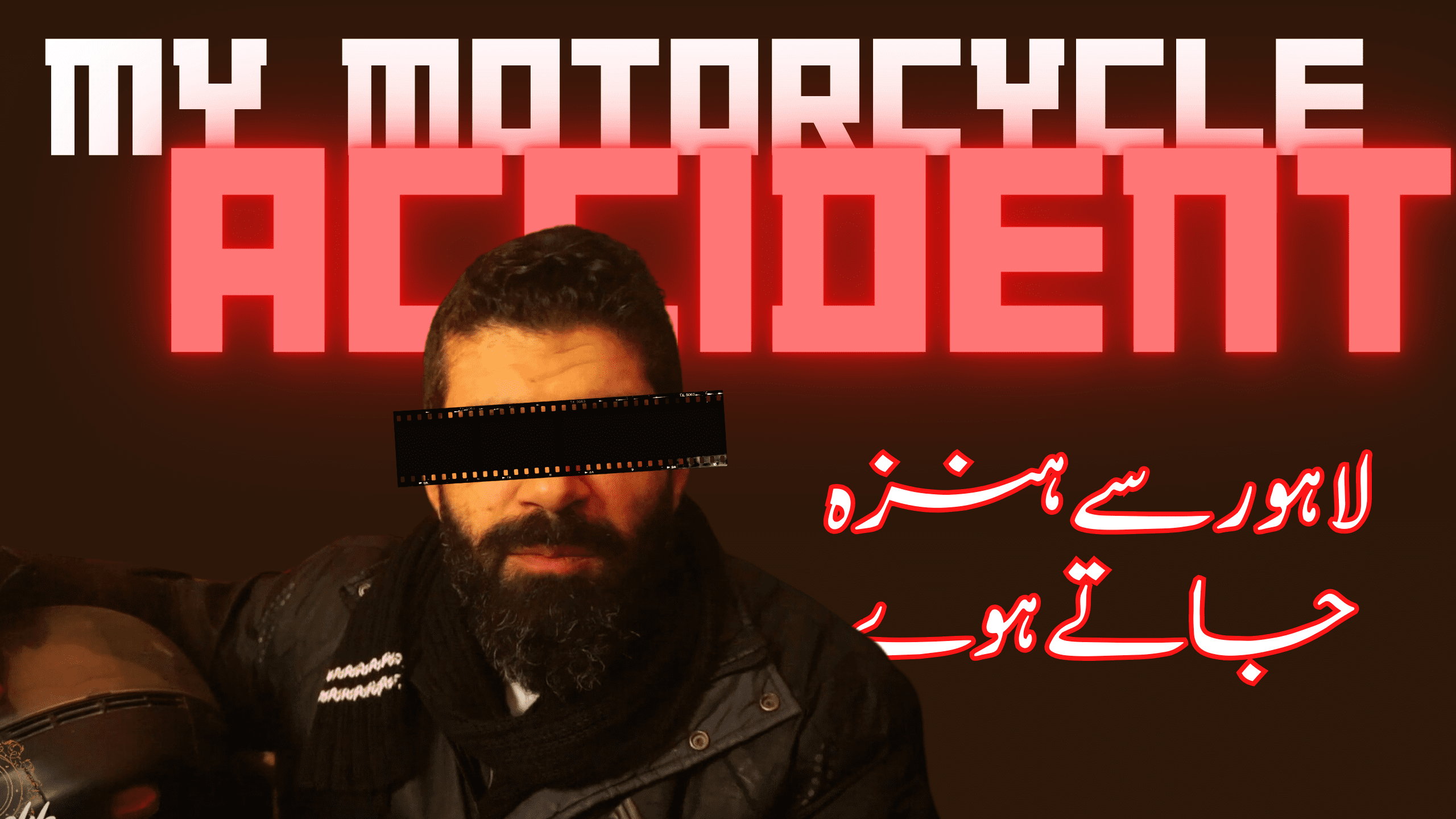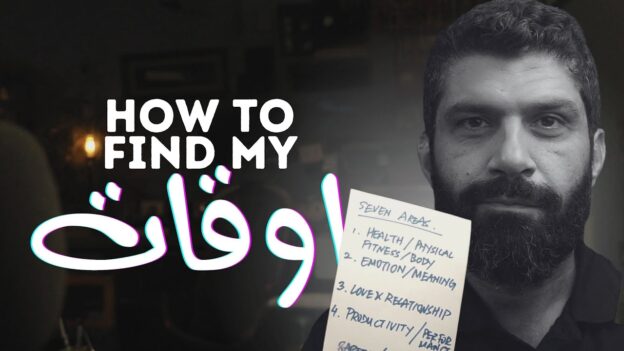What does a policeman, a school principal and an entrepreneur have in common? We’ll come back to this question later in the story.
Meet Zaheer Shah. He works a government job here in Punjab, Pakistan. A policeman, ranked Constable. He is paid a whopping 19,000 rupees (about 200 US $) per month, and looks the part; bulky, thin eyes and tall.
He is also an entrepreneur, a Starta.
He helps his friend, Mr Farrukh, run a small school in the rural town of Farid Kot, near the city of Pakpattan. This is very close to where I have set up my dairy farm. He insisted that I visit him for a cup of tea, and when I did visit, he served me a bottle of Mountain Dew. But that is the only disappointment in this story.
Mr Shah tells me that everyone wants to get in to their school.
“They do know that our standards are very high, especially compared to the choice of government schools,” he tells me, “but that is not the main reason they want to enroll here. They want to enroll because the education is totally free!”
Yes, free. The student’s family doesn’t have to pay school fees nor pay for any school books.
“We currently have 500 students enrolled,” he proudly tells me.
When I went there, the school was admitting a fresh batch of students. He showed me an admission sheet of one of the students. The girl was currently studying in Class/Grade 6, in the nearby government school.
“As you can see she can not even write a single sentence properly [in Urdu],” he sighs, “our Class 1 students write better than this”
And his biggest problem? Teachers!
“We can’t find enough teachers,” he says, “the teachers need to be picked and dropped from far off places, and they demand a higher pay scale than we can really afford.”
And when I asked him if the school is profitable, he laughed, “I would never have been able to do this if I was living off of it.” The school runs on its own in the sense that it is cash flow positive, but seeing the figures made it obvious that it is not exactly a lucrative business, especially if there are more than one business partners involved.
Take note dear friend: many entrepreneurial activities are not necessarily for money.
There Is No Charge For Awesomeness.
The school is cash flow positive while offering free education. How does that work?
I’d go ahead and blame this on the government.
Thanks to the wonderful government initiative, the Punjab Education Foundation pays all of the school fees directly to the school. The school gets prompt payments, the children get free education. Bauhat Khoob!
The school is free, yet gets to deliver well-above-average education, exactly where Pakistan needs it the most; the rural areas. This is because of a few good men working at Punjab Education Foundation (PEF). The PEF reviewed their school, and found the school to be up-to-the-mark. The PEF now pays all the school fees, and the school offers free education.
More people flock to the school, more prompt payments for Mr Shah, higher standards of education, a complete win/win situation all around. The PEF has some basic but strict standards that must be met, which the school did.
“The PEF people come and carry out an examination on any three of the eight classes we have here,” Shah tells me, “we don’t know which class they’d be testing.”
Amazing how honestly-run government initiatives can be used by enterprising individuals from pretty much all strata of life, and this is a great testament to the government too.
Pakistan can do with a few more initiatives like this one. Too many people are busy blaming the corrupt government, the unfair society and the difficulties of life, whereas there is Shah and Farrukh, changing the lives of 500 + families.
Starting Something Is Underrated
Mr Farrukh, an engineer by profession, started the school in his ‘spare time’. This was more than a decade ago.
“Many of the students enrolled back then did not pay their school fees,” Mr Farrukh tells me, “and I did not mind as it was 50 or 60 rupees per month anyways.”
“Yes, but why did you start the school anyways?” I ask.
“Well, I thought it would be a good idea to teach children right in the heart of a village,” says Farrukh.
He started something because he thought it was a ‘good idea‘.
The world is full of remarkable people. People who are doing things differently. People who put their faith in themselves, and on their God. They may or may not be famous, but they sure are remarkable.
So, what does a policeman, a school principal and an entrepreneur have in common? Absolutely nothing! And this is further proof that there are no prerequisites, no formulas and no hard-and-fast-rule for living your life to the fullest.
Sometimes I feel there are no answers, only more questions.
But the bottom line is, there are no excuses.
What is stopping you from helping others?
P.S. Some may call this social entrepreneurship, I call it for-profit philanthropy, you may call it whatever you want. Integration of your interests, a clear motive of helping others and a simple, repeatable system for making money; these three things combine to make any business a remarkable business. And that’s something worth working for.



